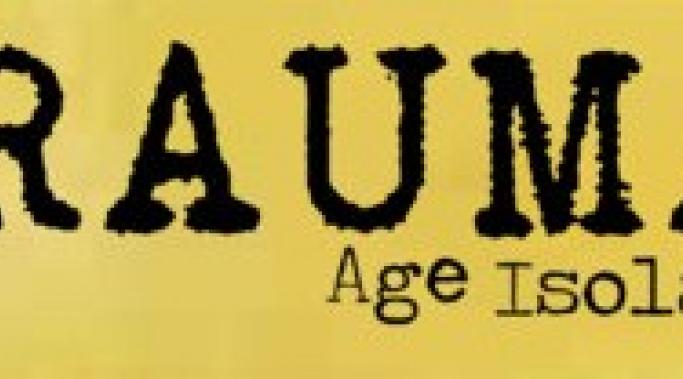Blogs
Managing BPD symptoms is a full-time job for people with BPD. It is aided greatly with the support of family, whether they are related by blood or chosen to walk alongside us.
Dissociative Identity Disorder is caused not just by trauma, but a number of factors that come together at just the right times, in just the right places, over and over again. I’ve discussed in some depth the factors that I believe contributed to my development of DID. But those factors might be different for you. Furthermore, each contributing factor carries its own weight. In other words, the causes of Dissociative Identity Disorder are unique to each person in both definition and size.
Lawyers use Battered Woman Syndrome (BWS) to explain a battered woman's behavior to a jury who does not understand why she "didn't just leave". After all, we all have the freedom to choose our own adventure in life, don't we? Why does an abused woman stay with a violent partner?
BWS is a subtype of Post-traumatic Stress Syndrome. This means, in part, that if you are abused, you may or may not show or feel all of the signs of PTSD, but you probably show other mentalities and behaviors in addition to many symptoms of PTSD. Most of the studies I've been reading compile data from women who are physically abused, but they also list verbal abuse as a precursor to physical violence - it's almost impossible to imagine that physical violence does NOT follow verbal abuse.
If you listen to my audio posts, you know I was rather unhappy with Bob last Thursday afternoon. It seems he'd spent the majority of the past 48 hours being completely unruly (to put it mildly), including shoving classmates, throwing pencils at his teacher, and being a general pain.
And the school music program, which Bob was required to attend as part of his music grade, was in just a few short hours.
Yaaaaaay.
There is a problem with “To Do” lists, that is listing tasks that are worthwhile and productive but not necessarily what needs to be done. When judging what needs to be done, there are likely to be external forces, such as deadlines set by a supervisor. Internal forces, which affect the tasks that you have set the deadline for personal reasons or deadlines. You are the judge of what are important deadlines and the time needed to accomplish a task. Checking off many items on the list doesn't help in getting the real job done but you may feel better about those actions.
First, do no harm. Which MD or not, you are tinkering with my brain.
Listen, and don't talk to me like I'm an idiot
Try using psychobabble and I let down the tires on your car
I doubt I'm alone in being disturbed by some of the language used to treat anxiety and mental health difficulties.
Schema therapy shows tremendous potential for treating borderline personality disorder (BPD). In this video, More Than Borderline's Becky Oberg explains domains, which are related to basic childhood needs, and the schemas that can form if those needs are not met.
Last week I waded into Charlie Sheen territory. It was, perhaps, a touch more eel-infested than I had anticipated but life is surprising like that. Yes, I said Sheen is going through a manic episode as part of a mental illness. (And no, I still haven’t become a doctor.) Let’s say for the moment, I’m right.
Since I made my case for compassion for Sheen and mental illness, over scorn and ridicule, people have made the case back that it’s the media’s fault Sheen’s behavior is this out of control.
I don’t think so.
Decreasing dissociation in dissociative identity disorder (DID) relies on actively increasing awareness of the world around us. Dissociation is the process by which we separate ourselves from our experiences, memories, bodies, and very selves. When we're dissociating, we're disengaged from some or all of our own reality.
It's not inherently a bad thing; I truly believe dissociation serves a valuable purpose, and not just in traumatic circumstances. But there's no doubt that the chronic, severe dissociation intrinsic to dissociative identity disorder is problematic, disruptive, even at times actively destructive. By increasing awareness, by being more fully present in our bodies and minds, we can mitigate the damaging effects of dissociation.
Walking away from verbal abuse temporarily helps ease the trauma of the abuse. Unfortunately, the abuser doesn't like it when you do not stand there and listen to the abusive rant, so walking away can seem like the absolutely worst option at the time of attack, yet walking away from verbal abuse is probably the best option, every time.






